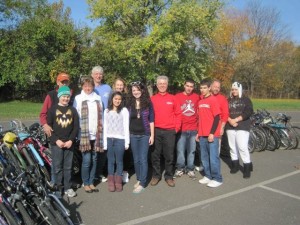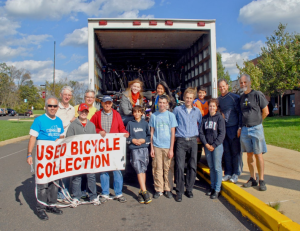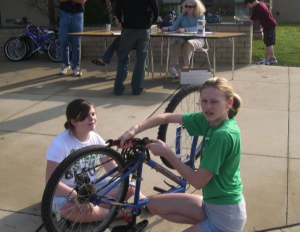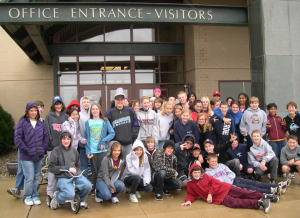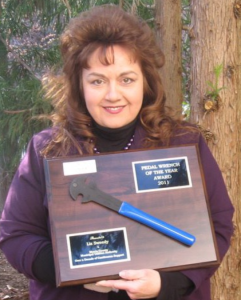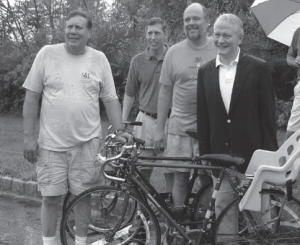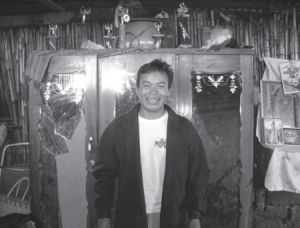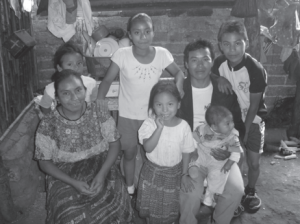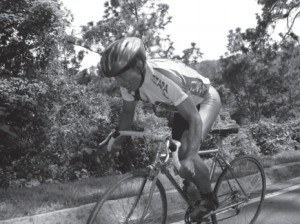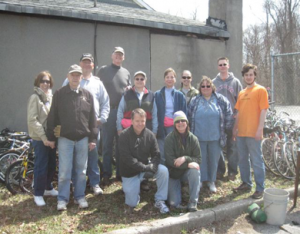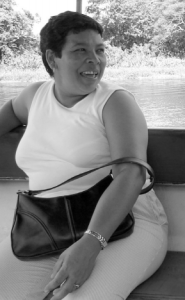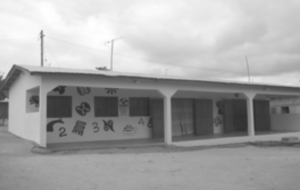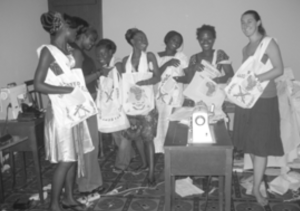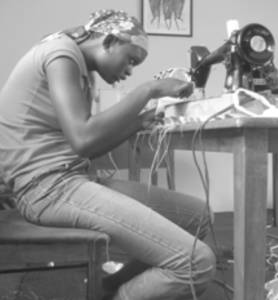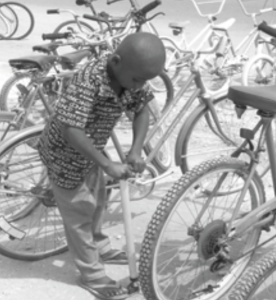by Rev. Chris Vande Bunte, Colts Neck Reformed Church, Colts Neck, NJ
Spring 2012 InGear
People begin asking about it usually a month or two after we’ve just done it. Calls come in from our town and surrounding towns, “Are you that church…?” Participants begin strategizing weeks and months ahead about how things could run more smoothly, how we could inform donors more easily and effectively compared to last year. For the Colts Neck Reformed Church, our Pedals for Progress Bicycle Collection has become an anticipated and rewarding annual event for our congregation and our community.

For our congregation, the Pedals Collection is a chance for families, adults, and especially our teens to lend a hand and join together for a day of local hands-on volunteering that has far-reaching effects. It seems that each year more and more people want to help—who wouldn’t want to be involved with a successful program? Mechanically minded members who are collection veterans take the lead in showing others how to prep bikes and ready them for shipping. Those less mechanically inclined have signed up to be greeters and drop-off directors for people donating. They have been essential in getting the word out about Pedals to those who come to drop off a bike. Besides, it never hurts to give a friendly hello to a visitor!
We have seen those who’ve participated in our collection come back year after year to help. Our congregation is thrilled to have such a local experience have such a global impact. Through this single event each year, we join in a multi-generational mission endeavor, have the opportunity to welcome many new visitors to our church property and share our commitment to mission with our community.
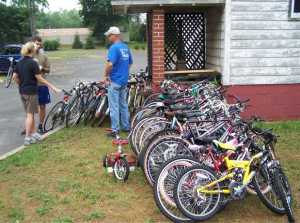
Past years have seen sometimes two annual collections and up to 300 donations, but that changed a bit a few years ago when we saw our donations dip due in large part to the economy. We decided to get creative and worked to get the word out even more. We have found our local newspapers and magazines very receptive to print and online community event postings with a number coming to cover the collection each year. We have also contacted our town about the annual clean-up day they hold. Our public works department receives a number of bicycles in good condition each year during our clean-up day as people clear out their garages. A simple phone call saves them from the dump and instead gets them put aside for our collection a few weeks later. With repeat donors and increased publicity efforts, we’ve seen our collection numbers rise to some of our best efforts ever. In addition, we’ve found more bicycle donors willing not only to contribute a $10 donation, but even more to support Pedals. We’ve even begun to see sewing machines in our collection too!
As a church mission leader, I don’t think you can go wrong working with Pedals for Progress. Their staff can help you develop a first-time collection and instructs you along the way each year. By hosting a collection, the congregation is able to raise its profile in a positive way in the community. In addition, a Pedals collection allows a local mission project to have global reach. The Colts Neck Reformed Church is excited not only to host an annual collection, but also to make Pedals for Progress part of our annual benevolence-giving to help them continue their mission around the world.

